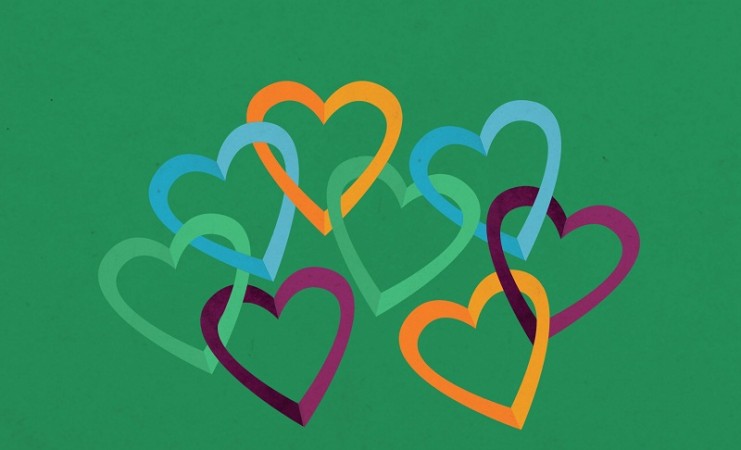
Jacob Peenikaparambil: Newspapers reported on July 6, a miracle of raising Rs. 18 crore through crowd funding within six days for the treatment of one-and-a-half-year-old Muhammed from Kannur in Kerala, who suffers from a rare disease called spinal muscular atrophy. The money collected will be used to procure a single-dose of a rare drug Zolgensma which has to be imported from the US. It was nothing but an outpouring of human sensitivity and compassion. This incident proves that miracles will happen when people are ready to share their resources with the needy.
The New Testament of Bible mentions about a miracle in which Jesus multiplied bread and fish and fed a large crowd (Mathew 14:13-21). Some Biblical scholars have given a very interesting interpretation to this miracle. During the time of Jesus it was a very common practice for people to carry some food when they went for a journey. All those who had come to attend the preaching of Jesus also had carried some food with them. Jesus observed that the people were weary and tired after a daylong session with him. No one was opening their packets fearing that they would have to share food with others, and they might not have enough. Jesus motivated the people to open their packets and pool together what they had brought with them. As a result more than 5000 people could be fed and there were twelve baskets of leftover food. People’s willingness to pool together their resources and to share with each other resulted in an amazing miracle.
If millions of people are hungry in the world today, it is not due to the shortage of food, but because of unequal distribution of food. The world produces food enough to feed 10 billion people and the current world population is only 7.9 billion.
Across 107 developing countries 1.3 billion people (22%) live in multi-dimensional poverty. There could be various causes for poverty in the world and in India. One among the most important causes is increasing inequality. According to Oxfam’s Inequality Report 2021, ‘The Inequality Virus’, worlds’ ten richest men increased their wealth by 540 billion dollars during the pandemic. The Oxfam report also says that Indian billionaires increased their wealth by 35% during the lockdown to Rs. 3 trillion.
Mahatma Gandhi has said, “The world has enough for everyone’s needs, but not everyone’s greed.” The root cause of growing inequalities and poverty is the greed of human beings. Greed is resulting in not only inequalities but also irreparable damage to the environment. The panacea for greed is nothing but limiting one’s wants and sharing one’s resources with the needy and the poor. Unfortunately, the modern culture is characterized by consumerism and the market economy thrives by promoting consumerism. Consumerism breeds greed and degrades the environment.
A culture of sharing is to be instilled in the children and the youth by the parents and teachers. If an attitude or habit of caring and sharing is created in the young people, when they enter into various fields as political leaders, government officers, entrepreneurs, professionals etc. they would be adopting policies that would care for the poor and promote equality. Therefore, along with government policies for empowering the underprivileged groups, care should be taken to create in the young people a sense of social responsibility emanating from a sense of caring and sharing.
Read more articles from Jacob Peenikaparambil: